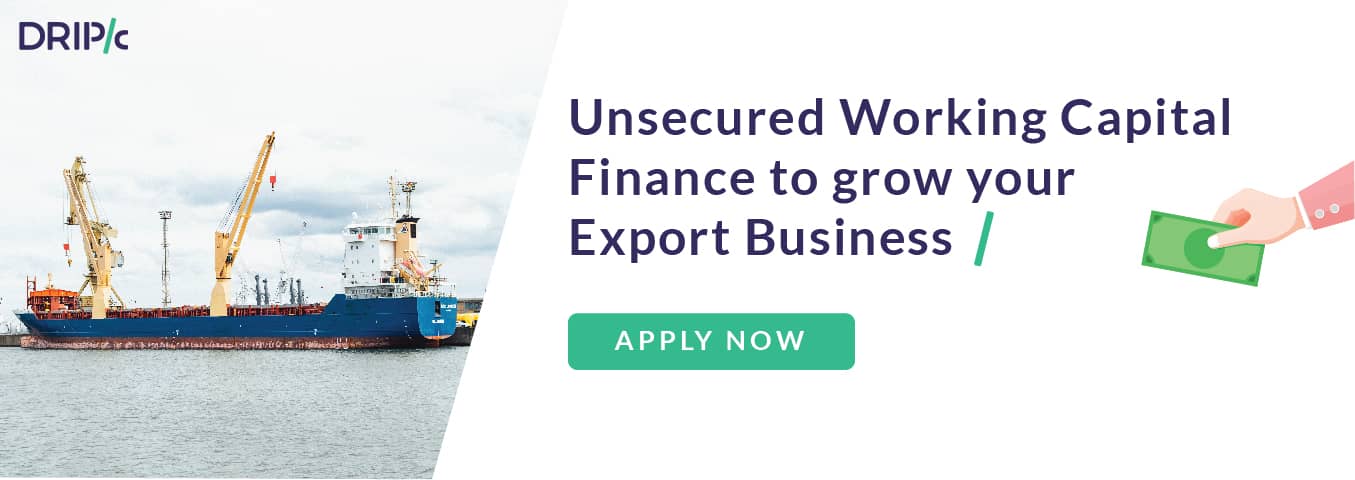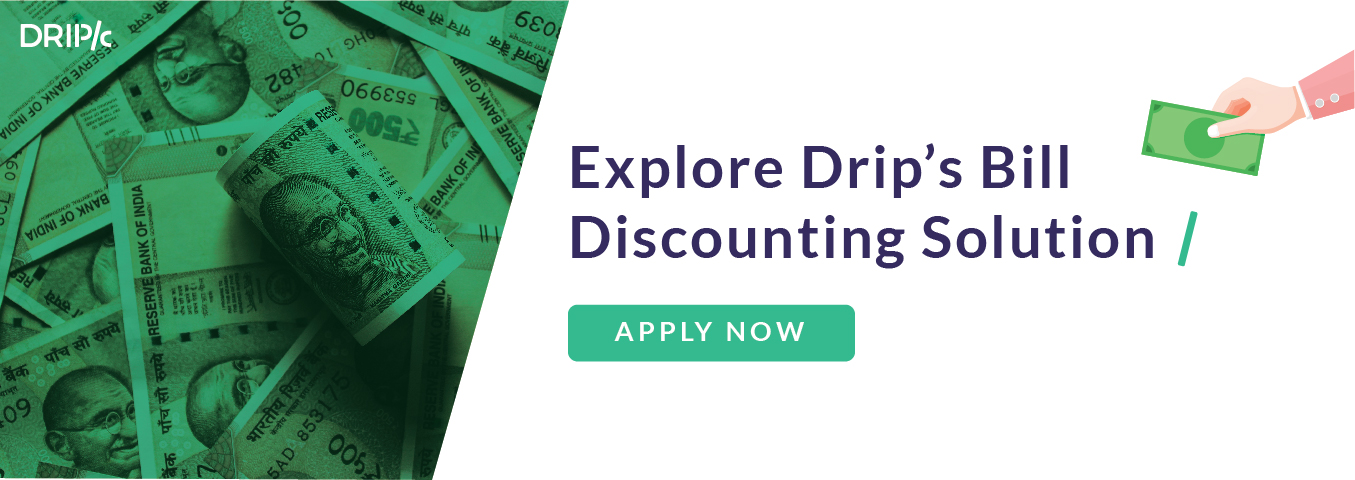What are Incoterms?
It is a term popularly thrown around in international trade, exports & logisitcs. Incoterms are essentially rules issued by the International Chamber of Commerce that clearly define the roles, duties & responsibilities of the buyer and seller, that is, the importer and the exporter respectively, under different types of trade transactions.
Depending on the nature of the transaction, the buyer & the seller mutually agree on the incoterms clause that delineates the responsibilities of both the parties and sets clarity on the trade. The Incoterms clause is listed on the Commercial Invoice document which is the starting point for its legal enforcement.
The Importance of Incoterms Rules?
In international trade, Incoterms help define the responsibilities of the parties in terms of costs and risk. The shipping documents must, therefore, clearly state the Incoterms relevant to the transaction.
It not only helps buyers and sellers clarify their doubts regarding foregin trade contracts, but also carries business arrangements smoothly. Some of these Incoterms apply to any mode of transportation and some of them apply only to transportation across sea & inland waterways.
International trade is tricky and rife with security, performance, non-payment and delivery risks and Incoterms helps hold each party accountable.
The 11 Incoterms Used in Shipping
There are 11 types of Incoterms as per the rules published in 2020, out of which four are exclusively applicable to shipping by waterways while the remaining seven can be used in case of any mode of transport.
Here is the full list; each heading navigates to a separate page where you can learn more about that specific incoterm in greater detail.
You can also refer to chart which outlines the responsibilities of the buyer and seller under each of the 11 Incoterms rules.

EXW Incoterms
EXW or Ex Works means where the delivery of goods happen at the place of business of the seller, and so the freight, shipping & most of the costs incurred during transit are the responsibilities of the buyer.
In case the buyer is a large sized firm or organization with multiple sellers, the buyer can arrange for cheaper transportation and freight and gain significant cost reduction. In such a case, both the parties win equally.

FCA Incoterms
Free Carrier is an arrangement where the responsibility of delivering the goods to a place nominated by the buyer lies with the seller, and thereafter all risk and cost bearing responsibility is on the buyer.
FCA incoterms is an ideal shipping term to use in cases where there is significant land transport involved where the seller's domestic expertise can be used to deliver the goods to the nearest port.

CPT Incoterms
Carriage Paid to, is a little more specific than FCA, where the seller bears the cost of transportation to the place nominated by the buyer, and the risk of the goods transfer only when it reaches that point.

CIP Incoterms
CIP stands for Carriage & Insurance Paid to, wherein the seller has to bear the cost of transport as well as transit insurance of the goods up to a point selected by the buyer.

DAT Incoterms
Delivered At Terminal in this arrangement, all costs up to the point of delivery to a nominated terminal have to be covered, and the unloading of the goods at the terminal is the responsibility of the seller.

DAP Incoterms
Delivered At Place, like DAT, this also requires the seller to deliver the goods at the place selected by the buyer. However, the DAP shipping terms mean that the responsibility of unloading lies with the buyer. Also, the DAP terms involve custom clearance proceeding - which is again a shared responsibility between both the parties.

Note: Delivery Duty Unpaid is not in action in incoterms 2020, the closest term that describes the functions of DDU Incoterms is DAP Incoterms.
DDP Incoterms
Delivered Duty Paid terms is where the seller delivers the goods to the buyer cleared for import and ready for unloading at the named place of destination. It means, all risks and charges up to that point lie with the seller.

FAS Incoterms
Free Alongside Ship is where the seller places the goods with other non-containerised cargo and the risk transfers to the buyer when the goods are delivered at the destination port and unloaded.
FAS Incoterms is applicable to waterway transactions only

FOB Incoterms
Free On Board Incoterms refers to an arrangement specifying that the responsibility of the seller is to deliver the goods at the port of shipment and the risk transfers to the buyer once the goods are loaded on to a vessel.
FOB incoterms is applicable to waterway transactions only

CFR Incoterms
Cost and Freight specifies that the seller delivers the goods and bears the cost up to the point of docking of the ship at the destination and the unloading of goods. Also, the CFR customs clearance proceeding is a shared duty between parties, meaning each party has to take care of these proceedings for their respective country.
CFR Incoterms is applicable to waterway transactions only.

CIF Incoterms
CIF stands for Cost Insurance and Freight. Under the 2020 rule, the seller is responsible for the insurance coverage till the arrival port, beyond which the risk and insurance becomes buyer’s responsibility.
CIF Incoterms is applicable to waterway transactions only

Note: The Incoterms rules are not a mandatory requirement, as there are no policies or rules enacted by the government, these are the rules agreed by the parties to the contract.
The Classification of Incoterms
The incoterm rules are also classified into different groups, depending on the stage at which the seller's responsibility and obligations are absolved, they're namely - Group C, D, E & F
Category D
These are those incoterms where the seller delivers the goods much closer to the buyer's arrival destination, with or without paying the duties or customs at his/her end
Category D incoterms includes
- Delivery Duty Paid (DDP Incoterms)
- DAT Incoterms - this is now called DPU incoterms as per the latest revision of the incoterms
- DAP (Delivered at Place) Incoterms
Category C
Category C incoterms includes
- Cost, Insurance & Freight (CIF Incoterms)
- Cost & Insurance Paid to (CIP Incoterms)
- Cost & Freight (CFR Incoterms)
- Carriage Paid to (CPT Incoterms)
Category F
Category F incoterms includes those trades where the seller does not undertake the major carriage costs but has already performed significant delivery duties
- Free Alongside Ship (FAS Incoterms)
- Free Carrier (FCA Incoterms)
- Free on Board (FOB Incoterms)
Category E
Category E, for now, only includes a single incoterm rule; that is, ex-works. This is when the seller performs no transport or export duties at all & simply manufactures the product and makes it available for pick-up from the factory premises.
How to Intepret the Rules?
Every incoterm rule also sets forth the clauses and rules for interpreting the roles of each party. These responsibilities span packaging, Insurance, Carriage, customs clearance etc.
In case of sellers, the obligations are listed from (A1-A10) and in case of buyers, the obligations are listed from (B1-B10).
A full download of this can be found on the ICC website
Incoterms Coverage
Incoterms define terms of the transfer of ownership and risk of goods which are being dealt in. Accordingly, in the case of EX Works EXW, the buyer is responsible for all carriage. In FCA, FAS, and FOB, the buyer arranges the main carriage. In DAT, DDP, and DAP, it is the seller who arranges the main carriage while the risk passes after the main carriage. Lastly, in CFR, CIF, CPT, and CIP, the seller arranges the main carriage, but the risk passes before the main carriage.
Who publishes Incoterm rules?
The ICC first compiled a list of Incoterms way back in 1936. The 100-year-old organisation has been updating it over the decades to make sure they remain relevant with changes in trade practices. Over the past few decades, there has been a revision of Incoterms coinciding with the first year of each decade: 1990, 2000, 2010. The latest version (Incoterms 2020) is in favor of the buyer and seller & is is expected to be in effect until December 2029.
Where are Incoterms used?
The incoterms are used by buyers and sellers to define their respective roles in the ownership, risk, and responsibilities in an international trade transaction process, including their shipping. These rules are also accepted by governments, international organisations, and legal authorities across the world, which makes it easier to implement the same in case of any dispute or settlement.
How Incoterms help in International Trade?
The role of incoterms in international procurement and trade cannot be overemphasised. It is like a universal business language that is understood and accepted by everyone around the world. It reduces inconsistencies in language by standardising specific terms. It enables parties to use the international supply chain and reduces the chances of unfair trade practices by bringing more clarity to export transactions.
Incoterms 2020 – differences with Incoterms 2010 and key changes
Incoterms 2020, the latest version, is available in print as well as the digital format in ICC’s new e-commerce platform. It will become applicable from 1st January 2020 and will apply to all contracts entered into after that date, unless the contract says anything to the contrary.
As expected, there are some additional benefits for those involved in international business in incoterms 2020. These become obvious when we compare the 2010 version with the latest one:
DAT ( Delivered at Terminal) has been changed to DPU (Delivery at Place Unloaded), removing the terminal reference and making it more general.
The insurance required under CIP(Carriage and Insurance Paid to) has been increased in Incoterms 2020.
Details of the precise allocation of costs between the buyer and the seller have been enhanced.
Incoterms 2020 addresses transport security and its costs, which was not mentioned earlier.
Situations, where the buyer or seller used their own transport instead of using a third-party carrier, were not considered until now. This has now been addressed.
Under Free Carrier (FCA) delivery term an optional provision has been introduced that allows the buyer to direct the carrier to issue an onboard Bill of Lading to the seller.
Also Read:




